Client Advocacy Letters - For Licensed Therapists - AI-powered letter creation
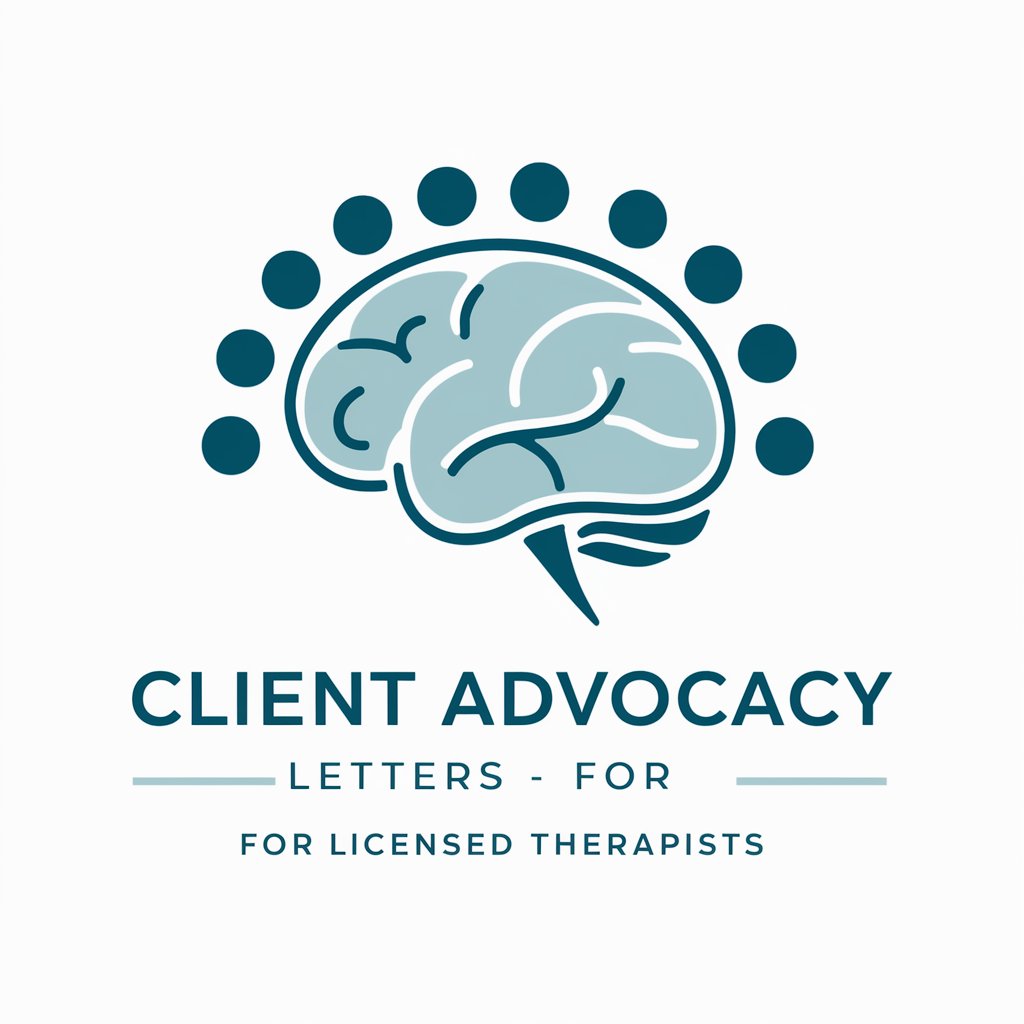
Welcome! Let's craft an effective advocacy letter for your client.
Empower Your Advocacy with AI
Please provide the details of your client's condition relevant to the advocacy letter.
Describe the specific accommodations or support your client requires.
Outline any relevant treatment history or therapeutic interventions that support the advocacy request.
Specify any time frames or deadlines related to the advocacy letter.
Get Embed Code
Overview of Client Advocacy Letters - For Licensed Therapists
Client Advocacy Letters - For Licensed Therapists is designed to assist therapists in creating formal advocacy letters on behalf of their clients. These letters serve various purposes such as requesting accommodations, supporting emotional support animal (ESA) requests, or advocating for mental health leaves. The tool operates through a structured, question-based approach, ensuring that the therapist provides all necessary information without compromising confidentiality or violating HIPAA guidelines. For example, when drafting an ESA letter, the tool guides the therapist to discuss the client's need for the animal without revealing sensitive personal details. Powered by ChatGPT-4o。

Core Functions and Real-World Applications
Structured Information Gathering
Example
For an ESA letter, therapists are prompted to describe the client's diagnosis and how the ESA helps in managing the condition.
Scenario
A therapist may use the tool to ensure that they cover all legal requirements for an ESA letter, such as stating the client’s need for the animal due to their psychological condition.
Template Customization
Example
Templates can be adjusted for different purposes, such as ESA requests, workplace accommodations, or mental health leaves.
Scenario
A therapist can select a template for a mental health leave and customize it by adding specific details about the client's situation and the necessity for leave, ensuring the letter meets the employer's or institution's criteria.
Confidentiality Compliance
Example
The tool ensures that no personally identifiable information is required or included in the letters, aligning with HIPAA compliance.
Scenario
When drafting a letter to request workplace accommodations, the therapist will be guided to discuss the functional limitations without revealing the exact diagnosis or any other personal health information.
Target User Groups
Licensed Therapists
These professionals require tools to aid them in the formal documentation needed for client advocacy. The tool helps streamline the creation of effective and compliant advocacy letters, reducing administrative burden and increasing focus on client care.
Mental Health Clinics
Clinics benefit from a standardized approach to drafting advocacy letters, ensuring consistency and compliance across different practitioners within the same institution.

How to Use Client Advocacy Letters - For Licensed Therapists
1
Visit yeschat.ai for a free trial, no login or ChatGPT Plus required.
2
Select the type of advocacy letter you need to create, such as Emotional Support Animal (ESA) letters, employment-related issues, or mental health leaves.
3
Answer a series of structured, pre-set questions to provide specific details needed for your letter without revealing any personal client data.
4
Review the automatically generated draft to ensure all the necessary legal and formal language is included and make any necessary adjustments.
5
Use the final output to advocate effectively on behalf of your client with relevant authorities or organizations.
Try other advanced and practical GPTs
Thoru
Elevate your tasks with AI-powered precision.
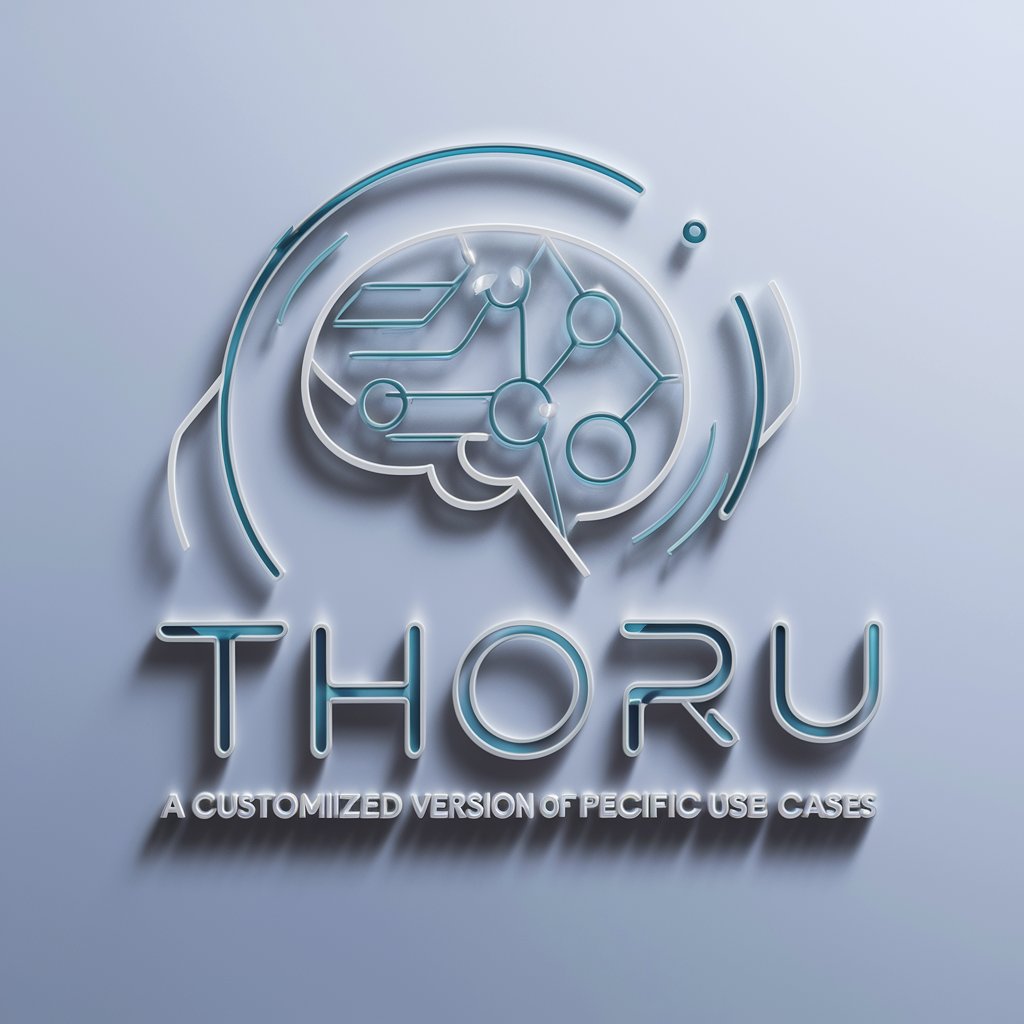
Jeremiah
Empowering your queries with AI intelligence
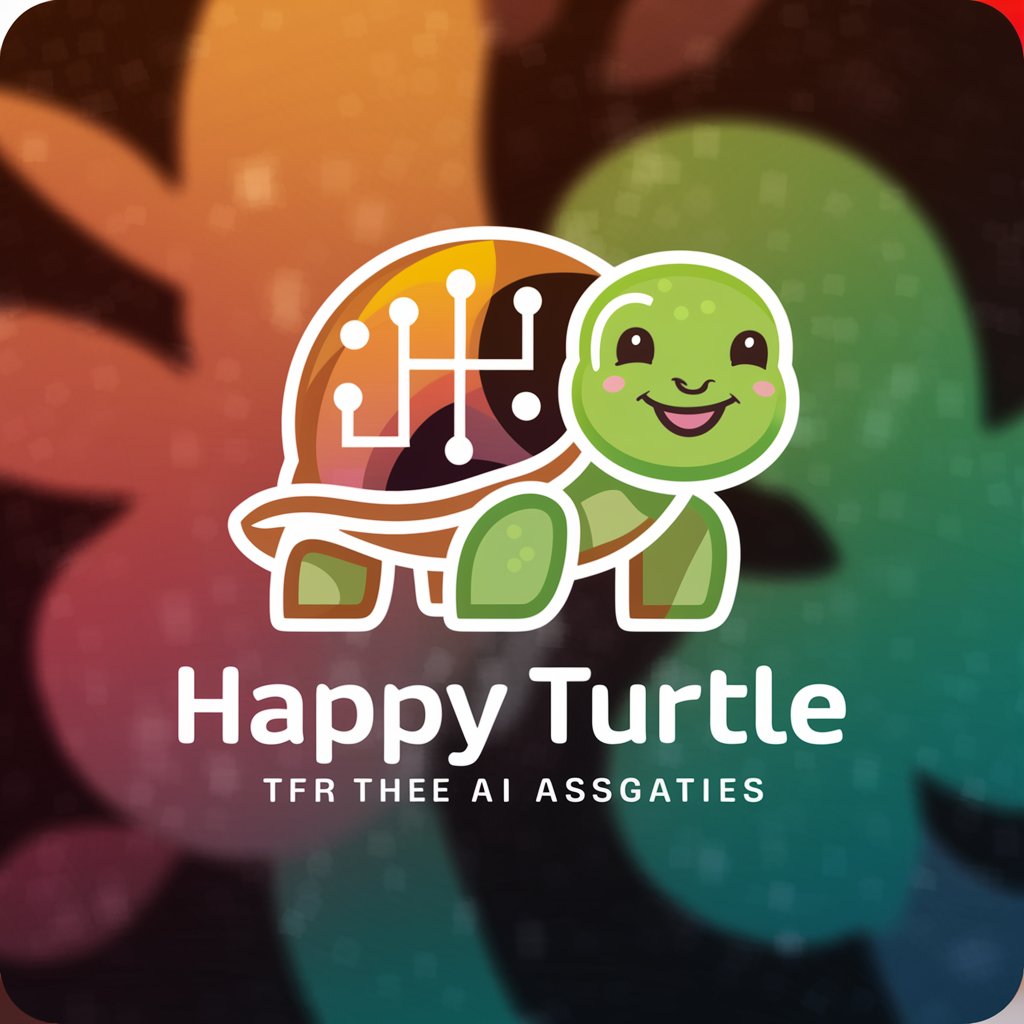
Hare Chef
Transforming kids' meals with AI

Copper Catalyst
Empowering CO2 Reduction with AI

Sepsis Bilgi Derleyici
Empower Your Sepsis Research with AI

Sepsis Expert
Empowering evidence-based sepsis care.

Global Driver's License Expert
Navigate driving regulations with AI precision

Medical License Lookup
Verify medical licenses swiftly and reliably with AI
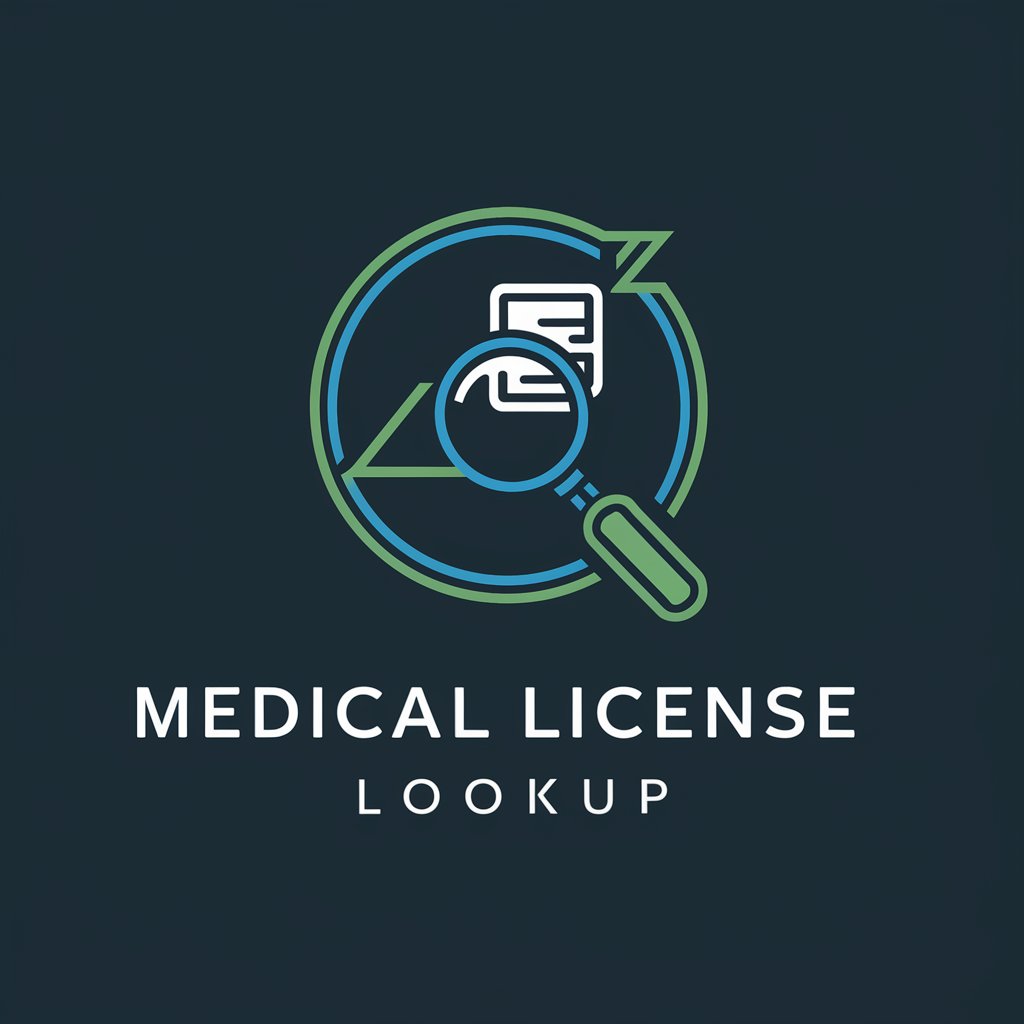
Assistant Site Web
Powering interactions with AI precision
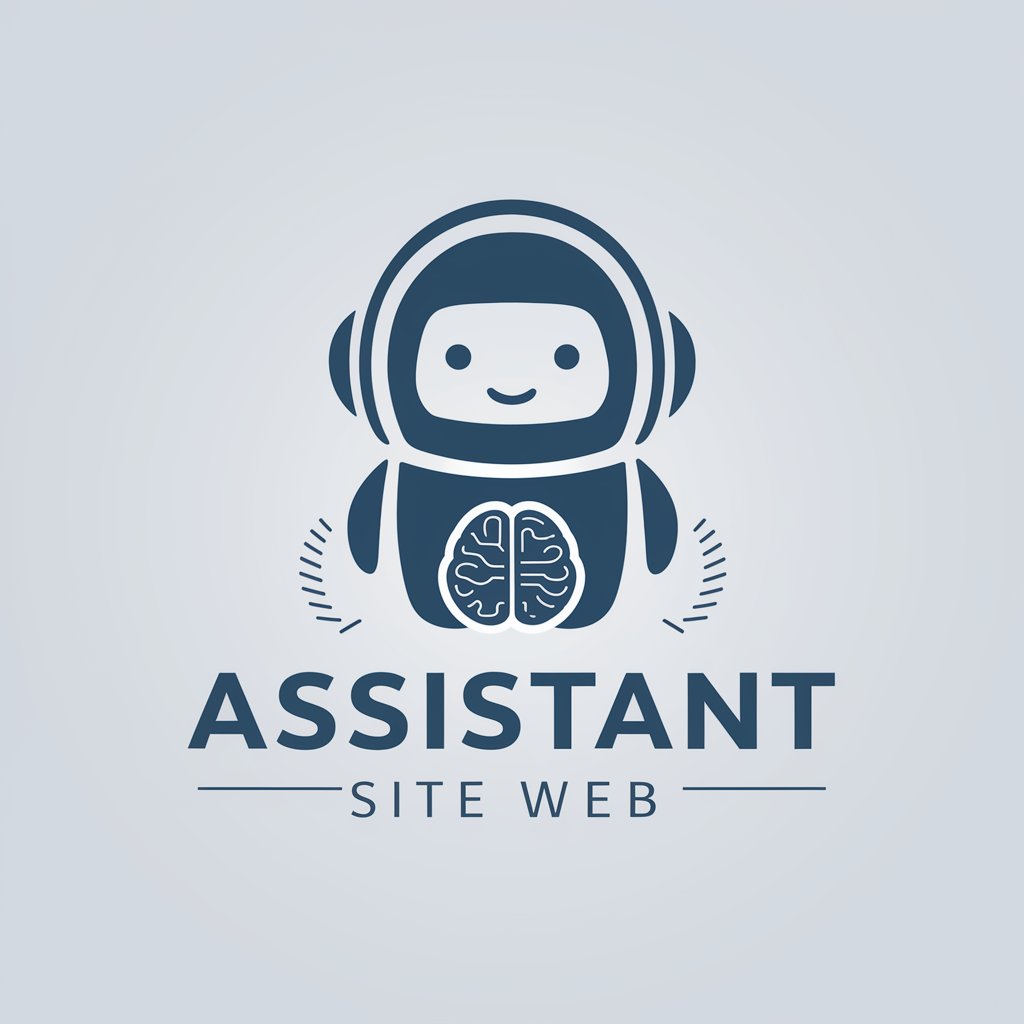
PCR's InfoPoolGPT
Your AI-powered guide to prostate cancer information.
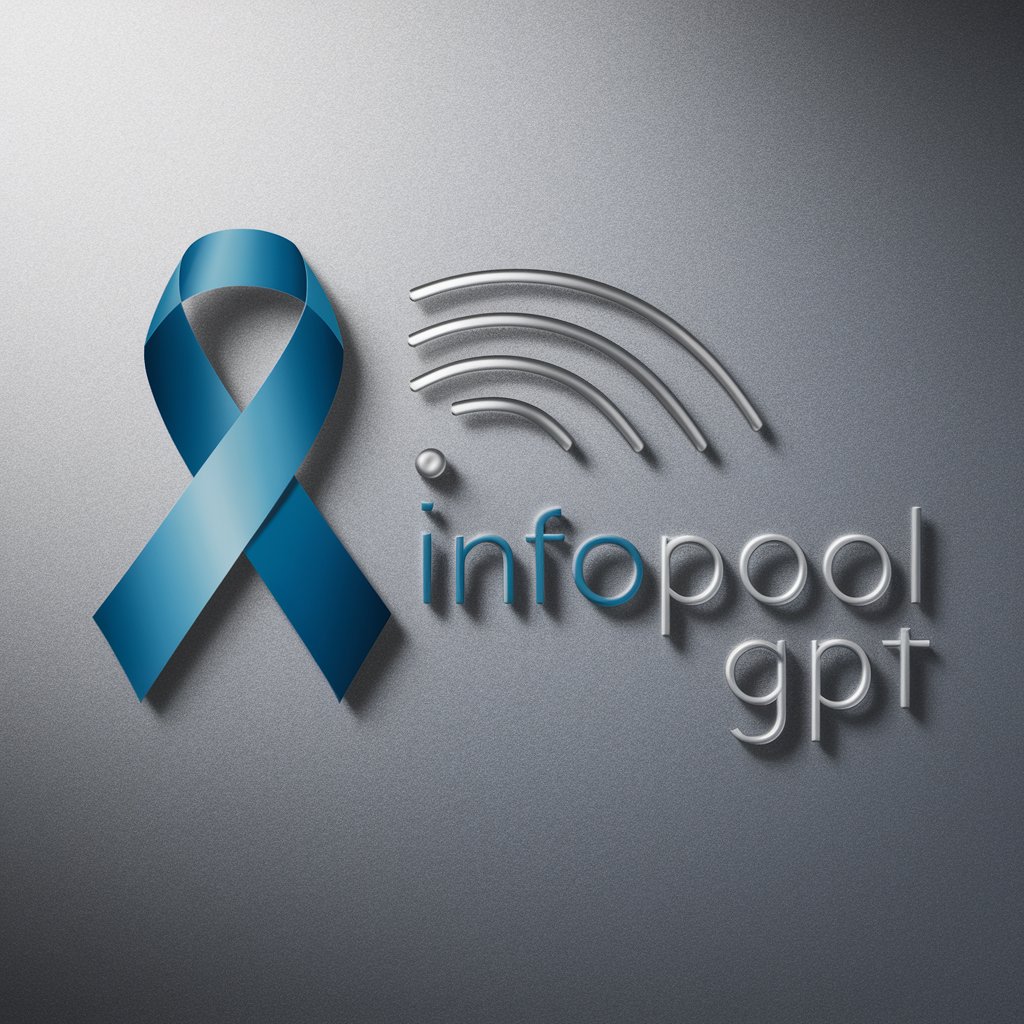
KPSC Classifier Customizing Assistent
Streamline SAP with AI-powered custom settings
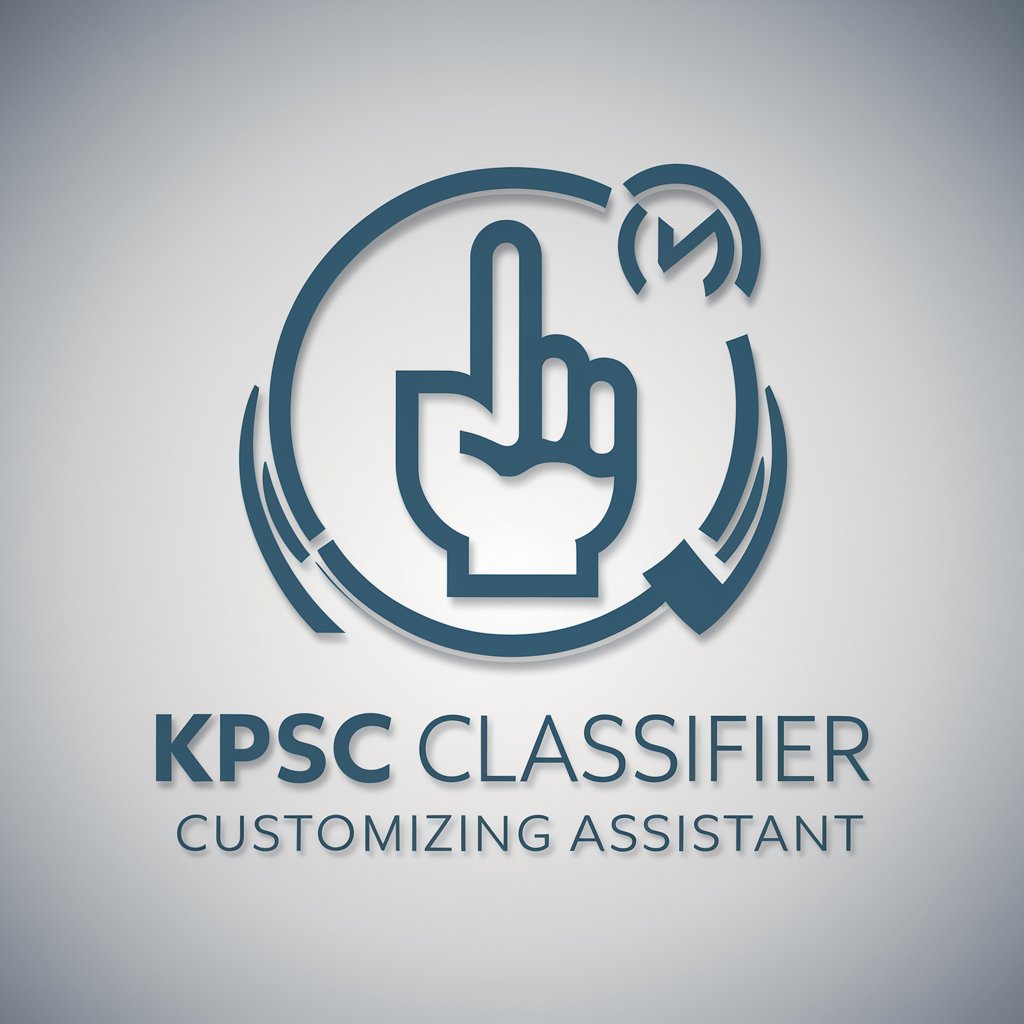
PDF Data Extraction to Excel
AI-powered PDF to Excel conversion tool

FAQs about Client Advocacy Letters - For Licensed Therapists
What are the main types of advocacy letters I can create with this tool?
The tool supports various types of advocacy letters including those for Emotional Support Animals (ESA), employment accommodations, and mental health leave among others.
How does the tool ensure confidentiality and compliance?
The tool adheres to HIPAA compliance by avoiding any personally identifiable information in the letters and prompts users to provide only the necessary details.
Can I customize the letters generated by the tool?
Yes, while the tool provides a structured draft based on your inputs, you can edit and customize the draft before finalizing to ensure it meets specific needs and contexts.
Is there a limit to how many letters I can generate?
No, there is no limit to the number of letters you can generate. You can create multiple drafts for different cases or needs.
What kind of support does the tool offer if I encounter issues?
The tool offers support through a detailed FAQ section, and direct customer service channels to resolve any issues users might encounter.
